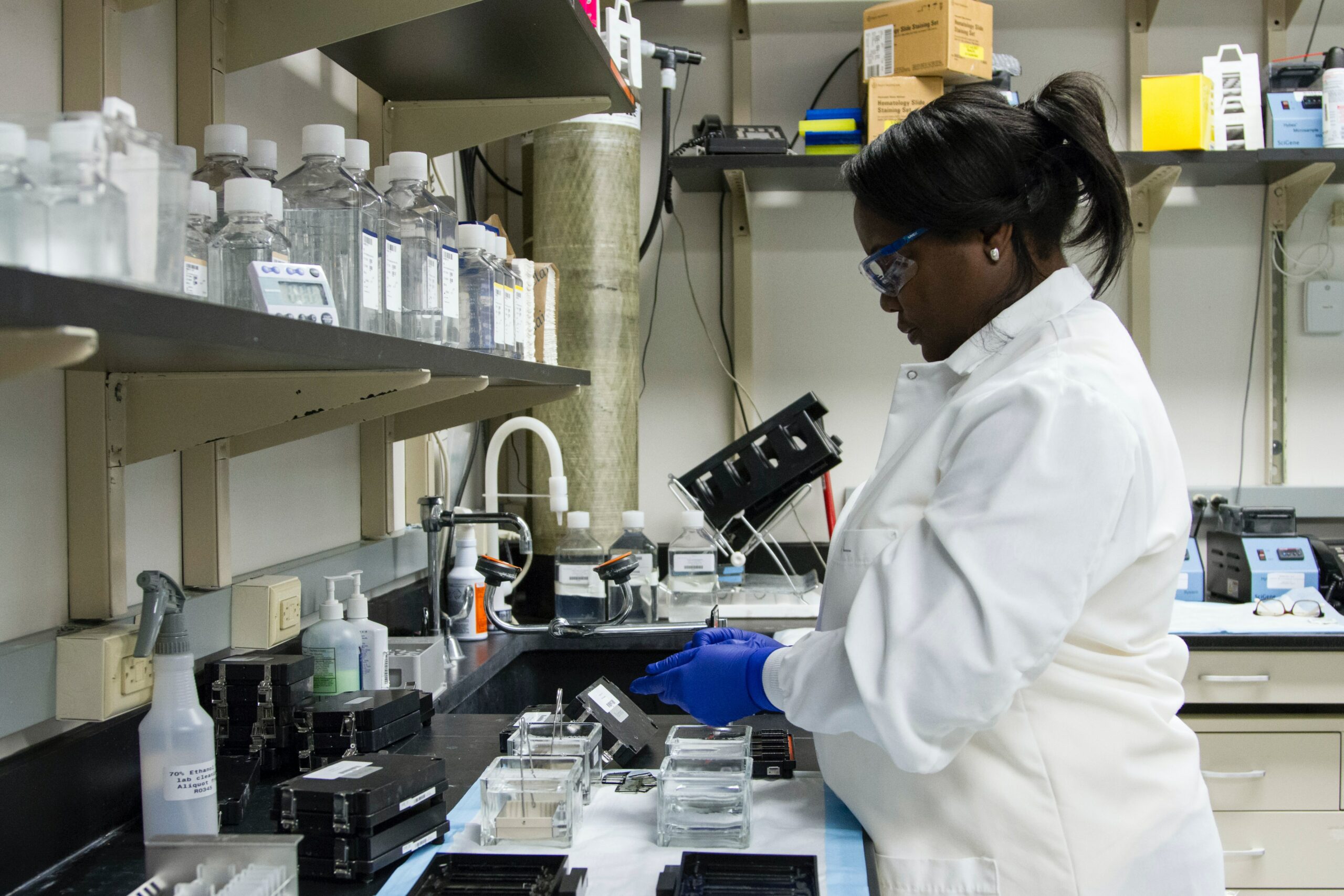Friedman: This is Putin’s war, but America and NATO aren’t innocent bystanders
When a major conflict like Ukraine breaks out, journalists always ask themselves: “Where should I station myself?” Kyiv? Moscow? Munich? Washington? In this case, my answer is none of these. The only place to be for understanding this war is inside Russian President Vladimir Putin’s head. Mr. Putin is the most powerful, unchecked Russian leader since Stalin, and the timing of this war is a product of his ambitions, strategies and grievances. But, with all of that said, America is not entirely innocent of fueling his fires.


